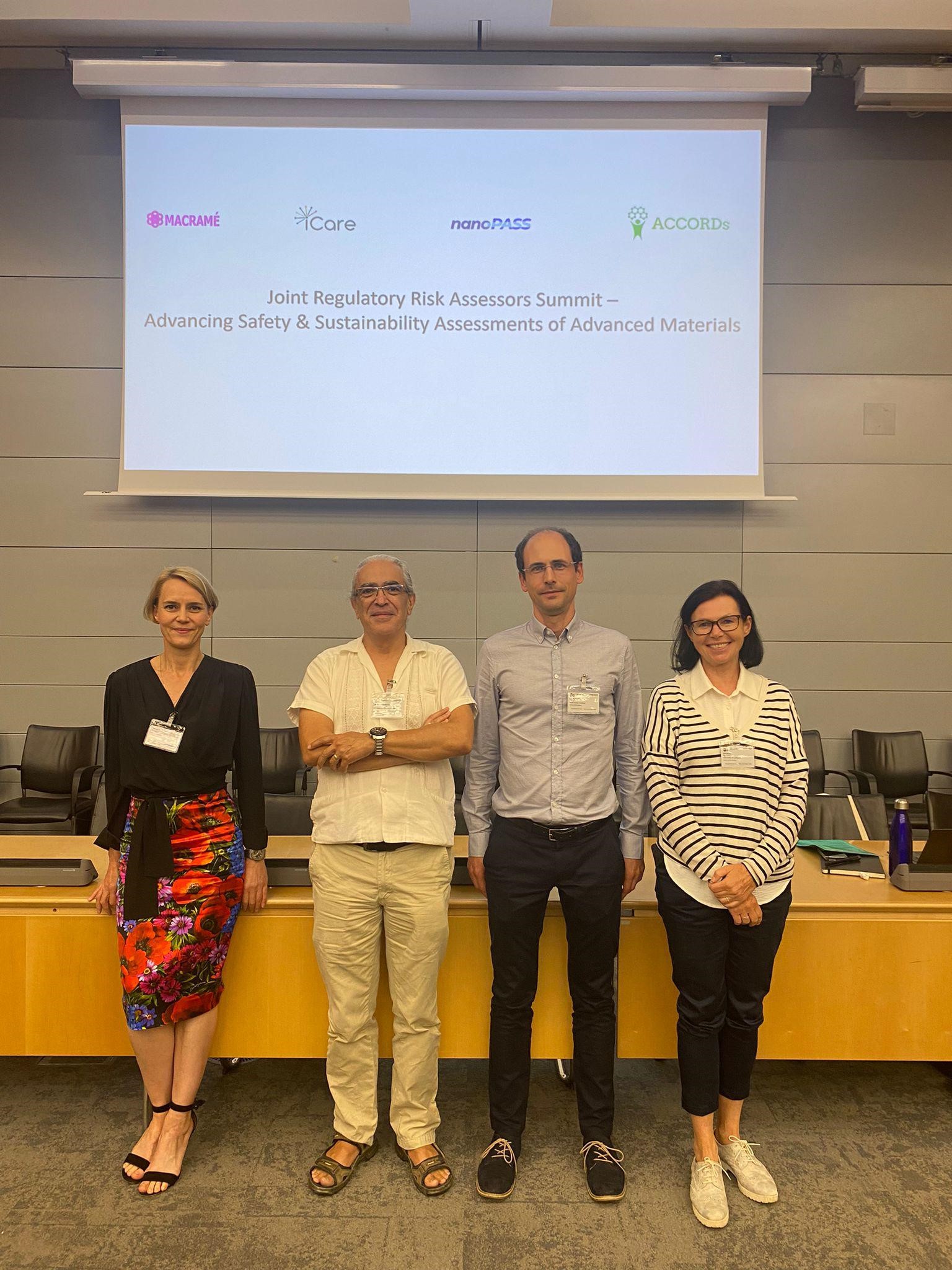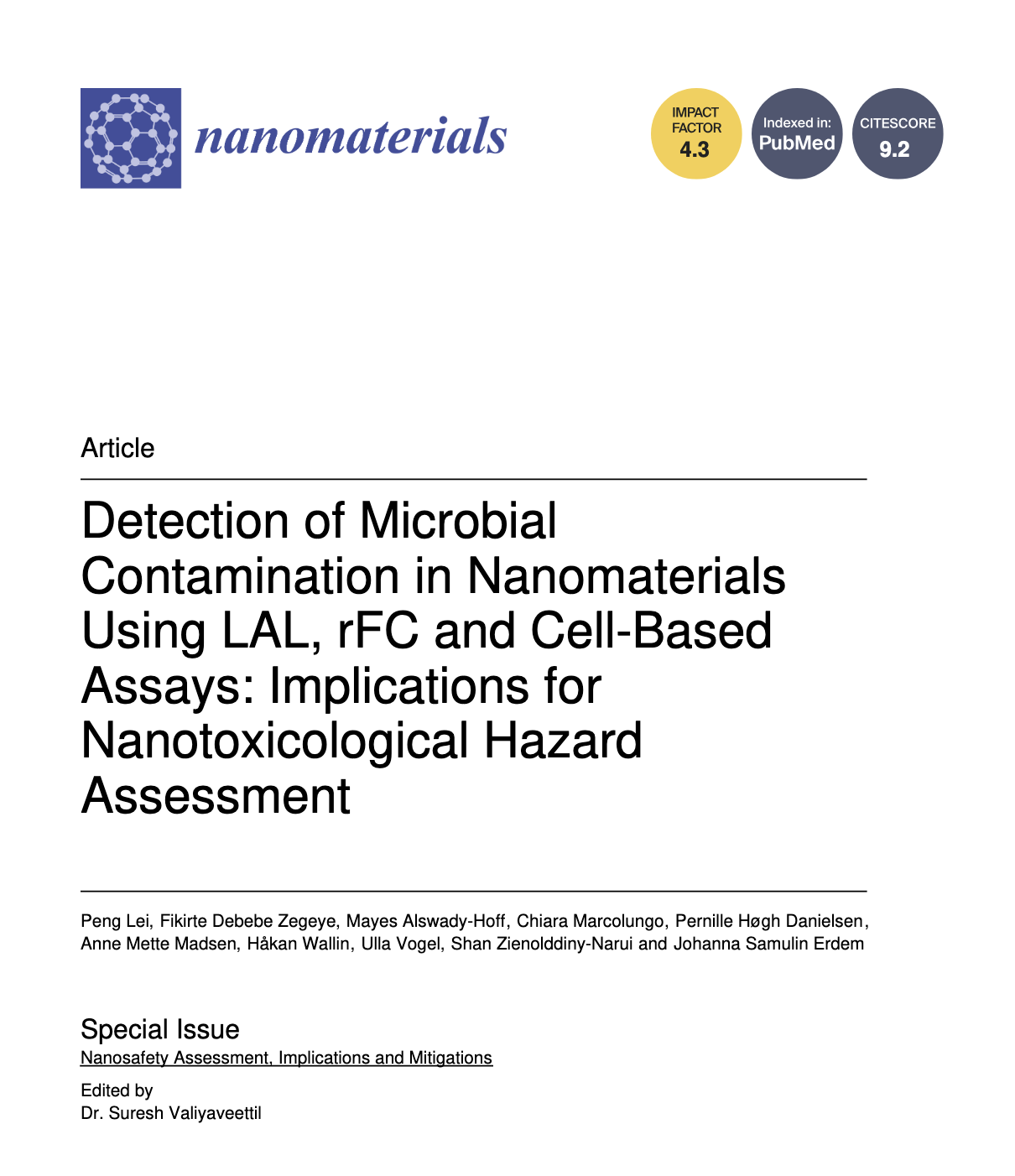
Bridging the gaps in nanosafety for animal-free prediction of adverse outcomes
Efficient and cost-effective risk-assessment for particulate matter & nanotech products
The current problem
Current animal-based safety assessment is too slow and costly for industry and regulators to test all nano-sized materials entering the market and environment.
Exposure
3-6 months
Adverse outcome
The solution
The EU-funded nanoPASS project will design new screening approaches for inhalation hazards based on early key events that lead to adverse outcomes.
Exposure
1 week
Prediction of adverse outcome
Goals and objectives
Prediction of 4 adverse outcomes related to inhalation of particulate matter:
- Reduced lung function
- Lung fibriosis
- Cardiovascular disease
- Neurodegeneration
- New in vitro models of key events
- New detection of key event dynamics
- New outcome prediction algorithms
- Calibration of prediction against in vivo data
- Validation with diverse real-life industrial materials (construction, plastics, electronics, medical)
Our partners

Jožef Stefan Institute
ijs.siJožef Stefan Institute is the leading Slovenian research organisation. It is responsible for a broad spectrum of basic and applied research in the fields of natural sciences and technology. In Laboratory of Biophysics, we are responsible for quantitative detection of dynamics of early key events in vitro with advanced optical microscopy methods, and for development of new in vitro models.
Role in the project:
Quantitative detection of dynamics of early key events with in vitro high-resolution & high-throughput advanced optical microscopy methods and development of new in vitro models.
Main contact persons:
Iztok Urbančič and Tilen Koklič
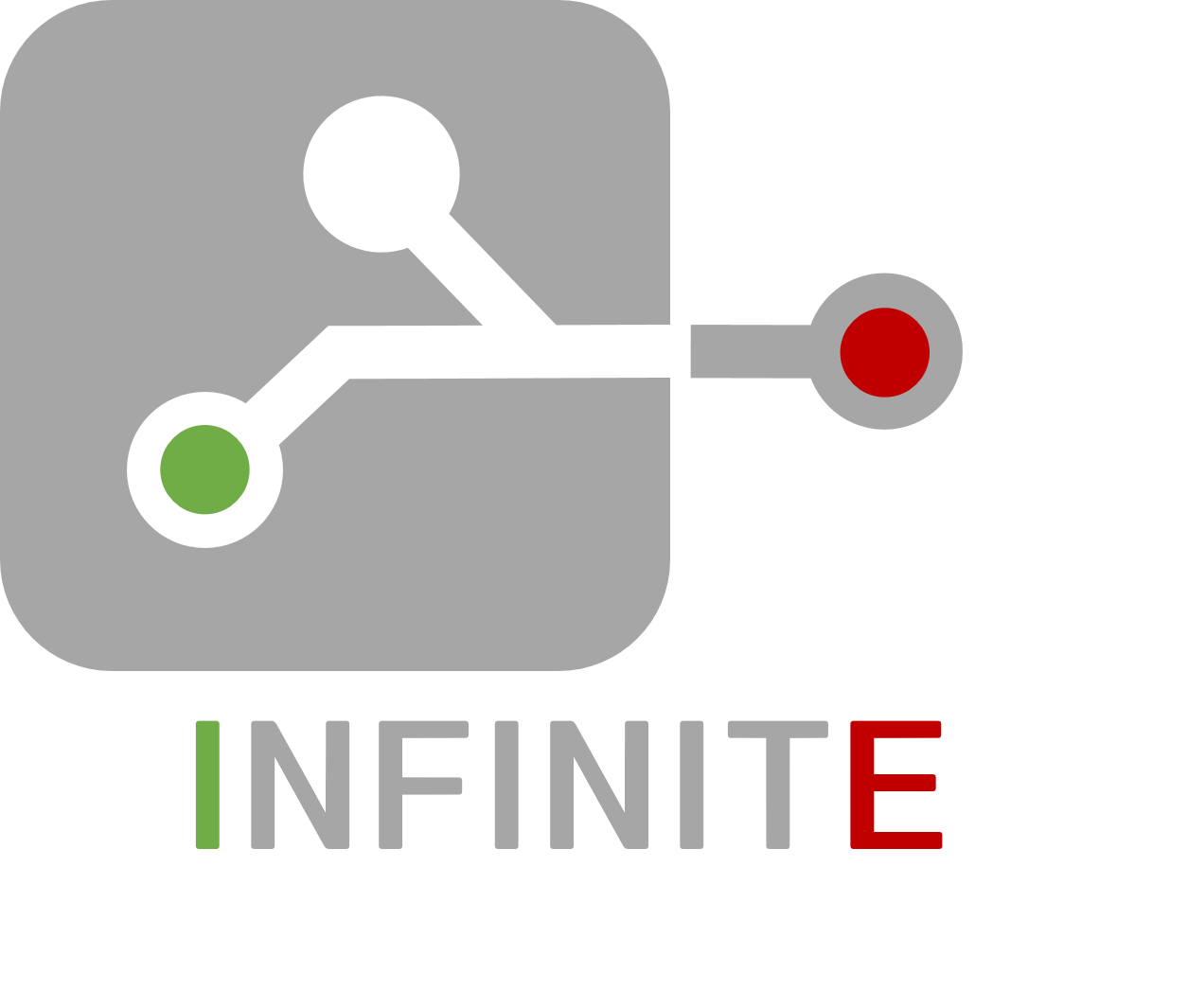
Infinite Biotech
infinite-biotech.comInfinite is a research - focused biotech spin-out from the Jožef Stefan Institute and a leading developer of predictive toxicology technology based on in vitro molecular event quantification and in silico time propagation.
Role in the project:
Infinite is responsible for developing animal test alternatives for chronic lung inflammation utilizing predictive toxicology technology.
Main contact person:
Janez Štrancar
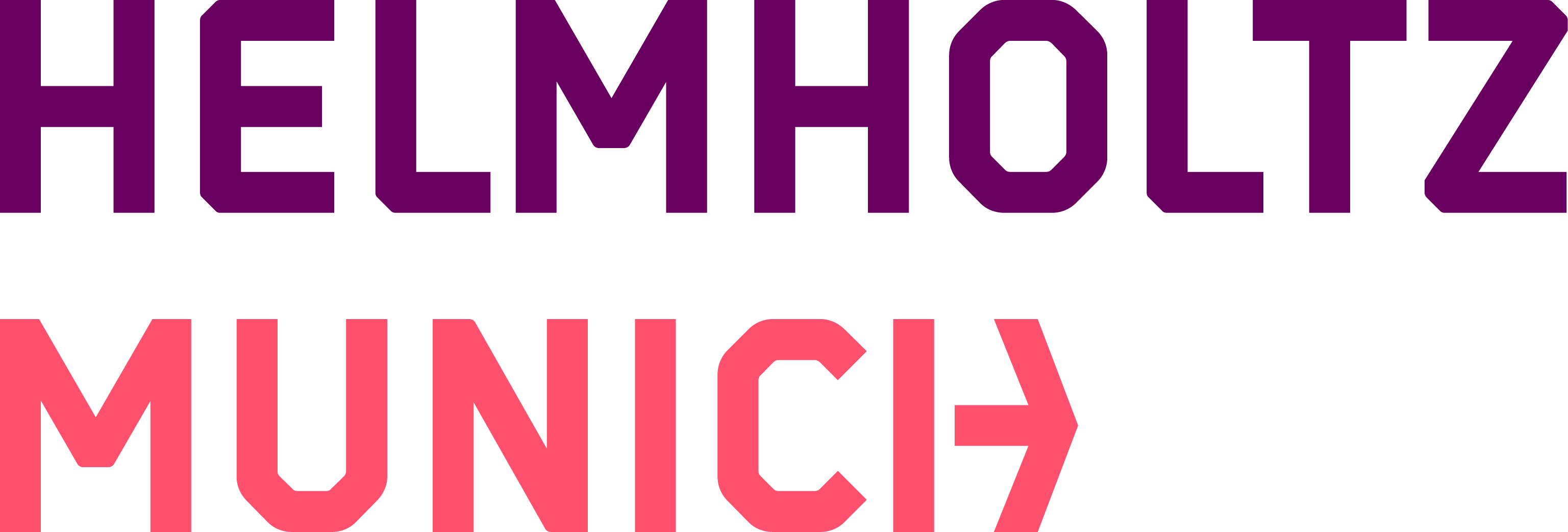
Helmholtz Munich
helmholtz-munich.deHelmholtz Munich develops solutions for a healthier future.
Role in the project:
Develop and optimise in vitro models to mimic AOP-relevant key events
Identification of early key events with in vivo intravital microscopy
Main contact person:
Dr. Tobias Stöger and Prof. Markus Rehberg

NRCWE
nfa.dkThe National Research Centre for the Working Environment (NFA) is a government research institute under the Danish Ministry of Employment which conducts research at the highest international level to:
- provide consultancy services within the institute’s core areas
- perform development work with a clear social aim
- disseminate research-based knowledge to workplaces, authorities, the social partners and safety consultants
- participate in the training of researchers and educational activities at the universities within its core areas.
Role in the project:
- AOP development
- In vivo studies for validation of in vitro models
- development of in vitro models for prediction of nanomaterial toxicity
Main contact persons:
Ulla Vogel and Jorid Sørli
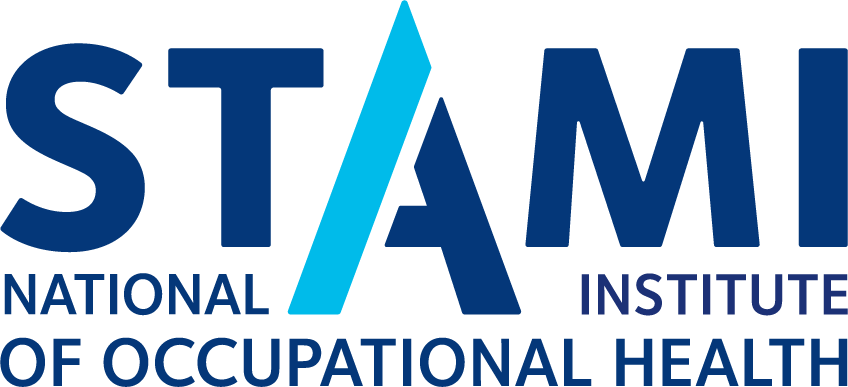
STAMI
stami.noSTAMI is the National Institute of Occupational Health in Norway. It is responsible for providing research-base knowledge on the Norwegian working life in order to prevent illness and promote good health among workers.
Role in the project:
Development of in vitro and in silico models, providing industrial test nanomaterials.
Main contact person:
Johanna Samulin Erdem

ULUND
lu.seLund University conduct research to increase our understanding of the world, make complex issues comprehensible, and address global challenges. The Lund University strategic research area NanoLund is a cross-disciplinary research organization specializing in various areas of nanoscience, among those Nanosafety.
Role in the project:
ULUND is responsible for characterizing, collecting, and distributing the industrial materials for validation of results and to prove relevance and usability for industry, and for an extended characterization of workplace exposures and risk management plan.
Main contact person:
Christina Isaxon

NUID UCD
ucd.ie/physicsNational University of Ireland, University College Dublin
Role in the project:
In silico characterisation of nanomaterials, development of models for prediction of nanomaterial toxicity.
Main contact person:
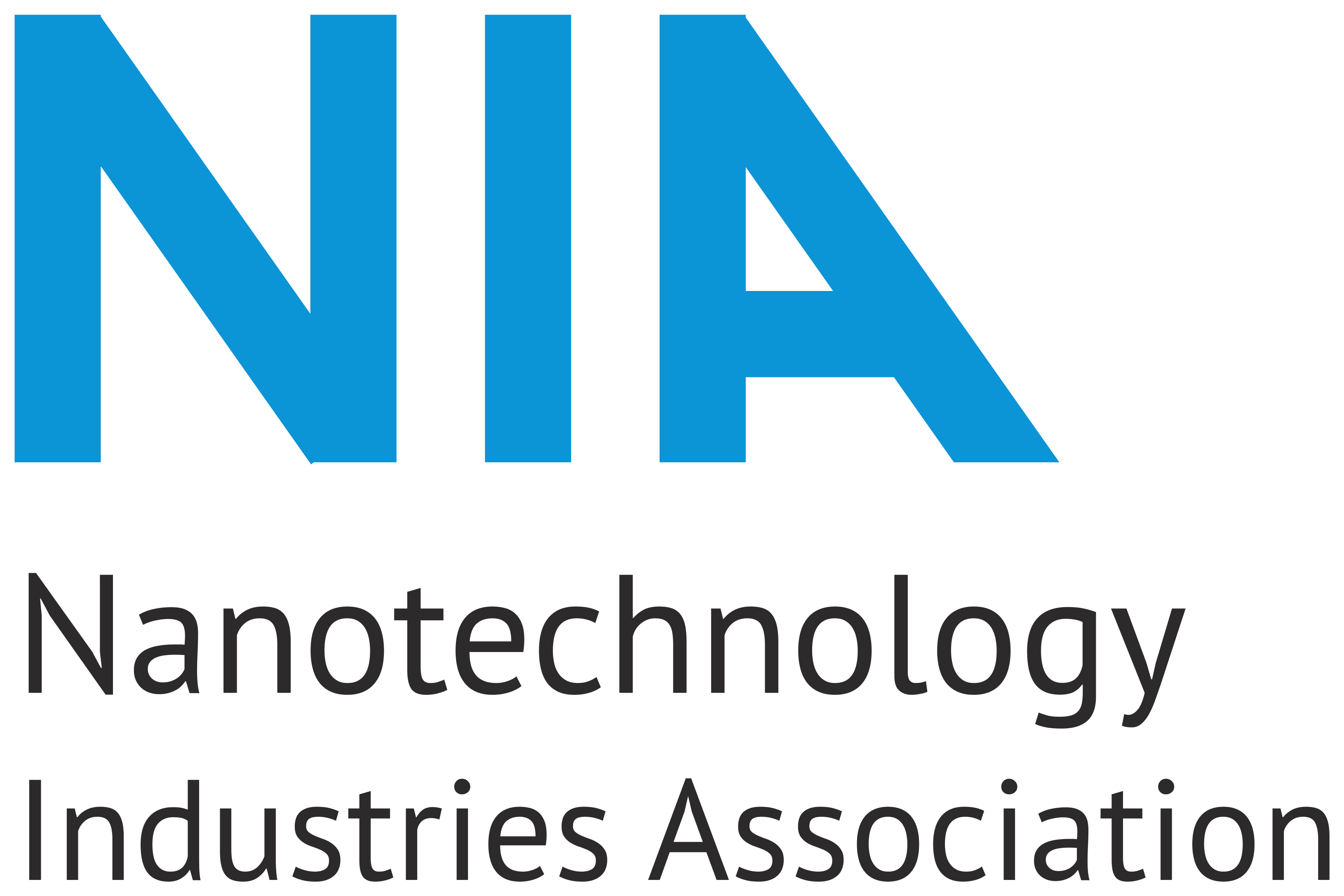
NIA
nanotechia.orgThe Nanotechnology Industries Association (NIA) is the cross-sectoral, responsible voice for nanotechnology value chains and the global commercial eco-system.
Main contact person:
Sean Kelly
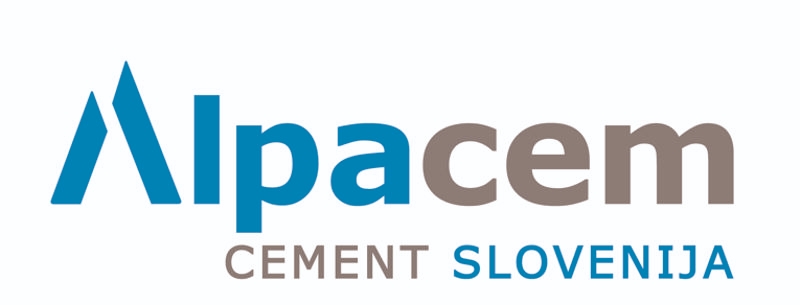
Alpacem
alpacem.siAlpacem is the only Slovenian cement producer
Role in the project:
Alpacem – Industrial partner, provide access to the facility, decide collection locations in the production line for collection of industrial nano materials.
Main contact person:
Tereza Pahor
Latest publications
Library
Latest news
All news